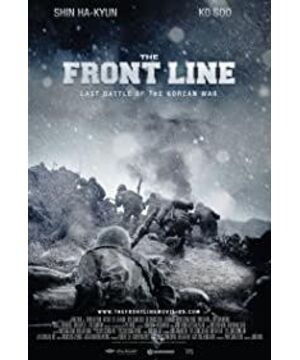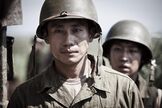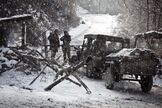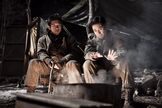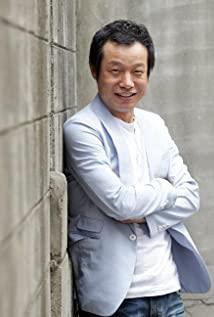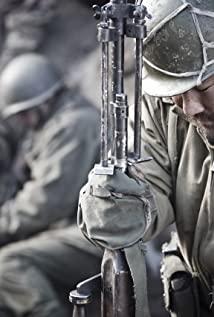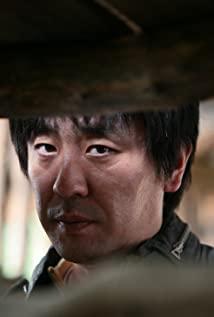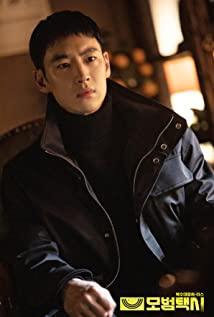After talking about the shortcomings, the rest basically have advantages.
In terms of the props and sound effects of war films, the "Assembly Number", which the Koreans drew their swords and helped, has already explained the problem. In addition to the American team, South Korea can be said to be the best, which is beyond doubt.
What I want to boast here is the progress in narrative.
Watching Korean political films or war films, what I fear most is the hypocritical groaning at every turn. Including the early "Spy Change of Life and Death" and "Flying Tai Chi Flag". It's not that it is unreasonable to split the North and South, but the point is that the story is too bizarre and makes people unbelievable. Too much fabricated, but obliterated the move that should have been. This film is not to say that there is no strangeness at all-like a female sniper, but most of the plot is reasonable.
I grabbed a pointless mountain that had been fought for countless times to describe the people of the same nation who were inexplicably sacrificed here. In particular, they communicated with each other by burying gifts on the battlefield, but in the end they killed each other during the truce. This is not only a great irony, but also a great sadness.
While torturing the nature of war, we are also torturing human nature.
"We are not fighting the enemy, but fighting the war." The beauty of "Highland War" is that it doesn't hysterically express these pains and moans. Just show it straightforwardly, let you see, pain, and sorrow.
Koreans can reflect politically on the gains and losses of the civil war (and did not deliberately vilify the north), and while admiring it, they also think that our country itself is not like this, and the duration of the civil war far exceeds that of North Korea. Where is our reflection?
View more about The Front Line reviews


